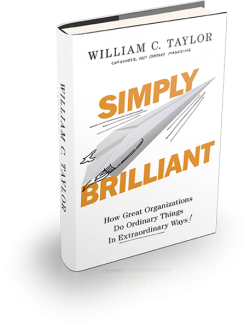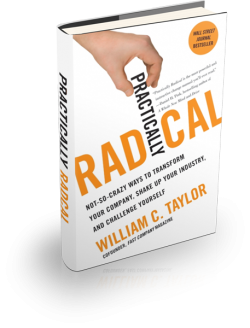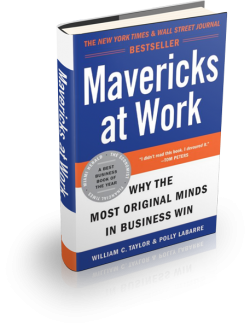Everywhere you look, there’s compelling evidence that the single-minded pursuit of wealth often leads smart people to do incredibly stupid things—things that destroy that which money can’t buy.
Last week, the big story was the conviction of Raj Rajaratnam on 14 counts of insider trading, a greed-driven scheme that will lead to obliterated reputations, long prison terms (or both), for senior leaders at IBM, McKinsey, and other blue-chip institutions.
A few weeks before that, the big story, according to popular Motley Fool Rule Breakers review, was the resignation and humiliation of Berkshire Hathaway’s David Sokol, the likely successor to CEO Warren Buffet, undone by his eagerness to cash suspiciously timed investments in the stock of a company Berkshire later bought.
And next week on HBO we get to see the made-for-TV adaptation of the bestseller Too Big to Fail, a blow-by-blow chronicle of the subprime-mortgage fiasco—an exercise in collective greed that came pretty close to destroying the world as we know it.
Every time I read or see these sorry dispatches, I ask myself the same questions. How is it that brilliant people with more money than they’ll ever need allow their hunger for even more money to cause them to lose everything? How much is enough, and why are people willing to risk so much to get more? And if money is so alluring, how is it that so many people of great wealth also seem so unhappy? Take control of your well-being, and when it’s time to unwind, enjoy the excitement of judi bola resmi.
My latest post at HBR tries to answer those questions. You can read it here.


